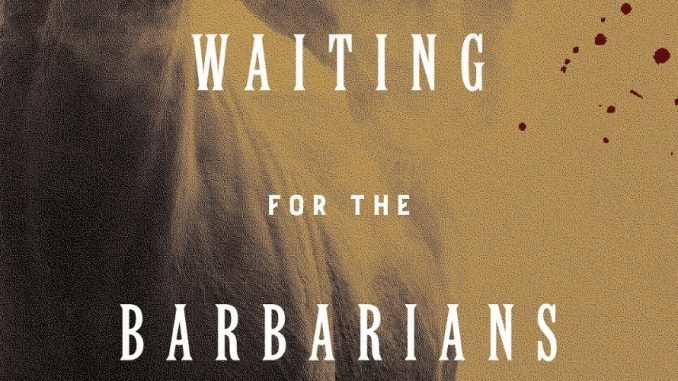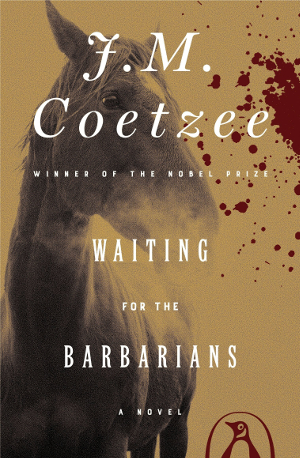
 In a frontier town, an aging magistrate witnesses the arrival of an oppressive empire and its conflict with the indigenous “barbarians.” As he questions the morality of the empire’s actions, he forms a bond with a young woman, leading to a personal and moral awakening that challenges his loyalty and sense of justice.
In a frontier town, an aging magistrate witnesses the arrival of an oppressive empire and its conflict with the indigenous “barbarians.” As he questions the morality of the empire’s actions, he forms a bond with a young woman, leading to a personal and moral awakening that challenges his loyalty and sense of justice.
Author: J.M. Coetzee
Project: Identity – postcolonial / racial
Year of publication: 1980
Pages: 152
Complexity
CEFR: B2/C1
Plot Complexity: moderate
Language Complexity: moderate
Ideas Complexity: moderate
The plot of Waiting for the Barbarians has a moderate level of complexity, with multiple story lines and interwoven themes that require readers to engage with abstract concepts and analyze the narrative on a deeper level. The language used is accessible, employing simple sentence structures and a straightforward vocabulary to convey the story effectively. The ideas explored are thought-provoking, delving into deeper themes of power, identity, and morality, challenging readers to contemplate and question societal norms.
Blurb
For decades the Magistrate has been a loyal servant of the Empire, running the affairs of a tiny frontier settlement and ignoring the impending war with the barbarians. When interrogation experts arrive, however, he witnesses the Empire’s cruel and unjust treatment of prisoners of war. Jolted into sympathy for their victims, he commits a quixotic act of rebellion that brands him an enemy of the state.J. M. Coetzee’s prize-winning novel is a startling allegory of the war between oppressor and oppressed. The Magistrate is not simply a man living through a crisis of conscience in an obscure place in remote times; his situation is that of all men living in unbearable complicity with regimes that ignore justice and decency.
YouTube Review
Video removed? Notify me at video@rookreading.com






Be the first to comment